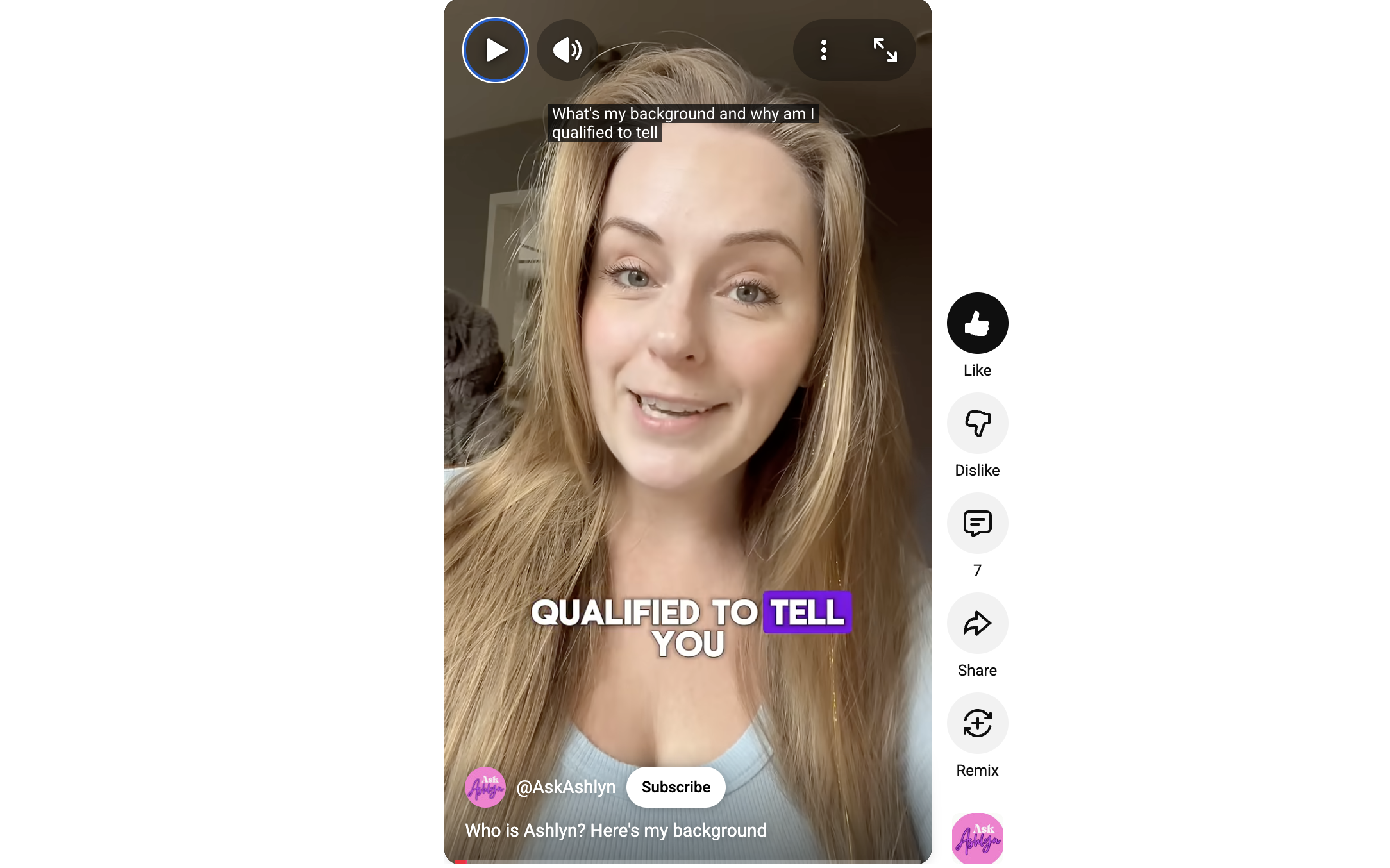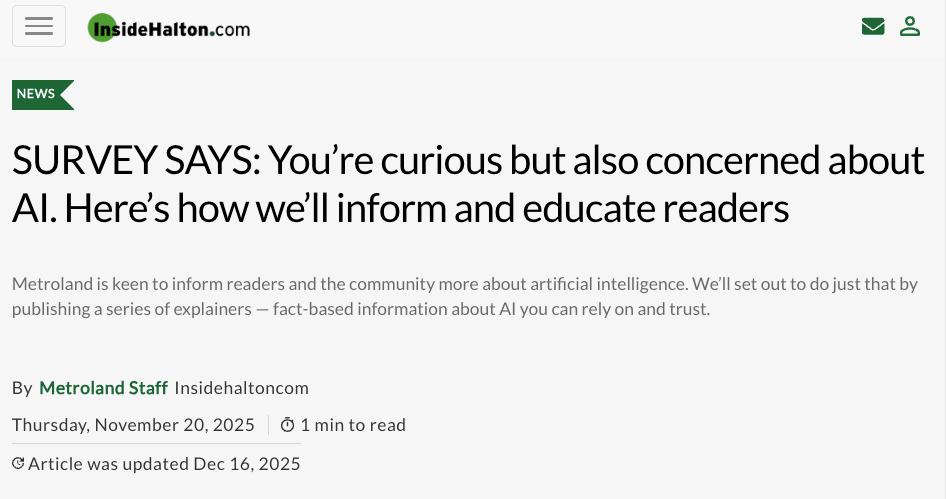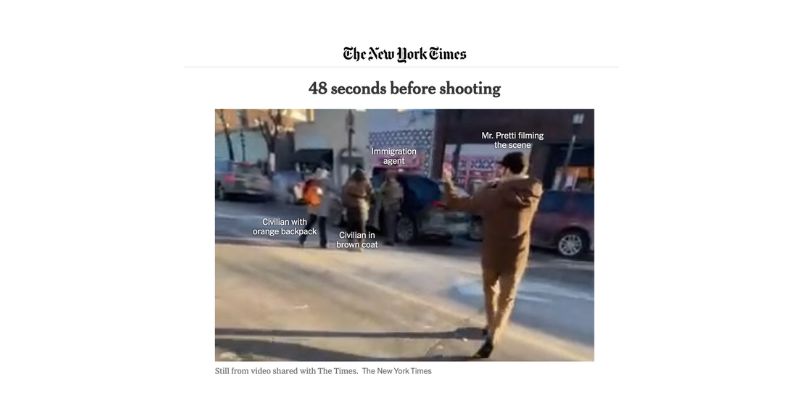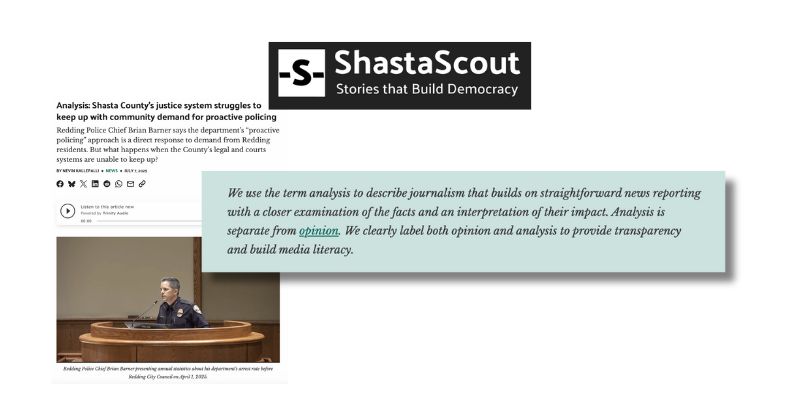
This weekly Trust Tips newsletter shares quick, actionable tips for how journalists can earn and sustain trust. Subscribe to get it in your inbox at trustingnews.org/newsletter.
Trust Tips 247: Ask your audience what type of climate coverage would be most useful
Hi there. Lynn here.
Climate change evokes emotional responses within your audience, which makes journalists’ decisions difficult regarding what to cover related to the topic, how often to cover the topic and what to focus on.
A recent survey from the Pew Research Center emphasizes this, with seven in 10 Americans expressing sadness about the Earth’s fate. That same survey found that 41% think their community will become a worse place to live over the next 30 years due to the effects of climate change.
As journalists, we are expected to cover topics that affect our communities. Climate change fits into that category.
How do you do this in a way that is informative but also useful? We want to be accurate and provide facts and data, but how do we do this without scaring the audience away because the topic and fate seem too overwhelming, scary and depressing?
In addition to the emotional responses of fear, anxiety, and sadness, it’s also important to consider the other end of the emotional spectrum – the people who feel disdain, disregard, or annoyance because they think the issue is overblown.
Understand your community
It’s important to understand the different perspectives people have on this issue to effectively inform them about climate change and have them engage with information on the topic instead of ignoring it. I want to recognize this is hard, but, I think it’s possible if we work to include two elements in all of our climate coverage:
- Acknowledging emotions in your coverage. Frame stories that not only inform but also empathize and empower, fostering a sense of collective responsibility and action.
- Engaging with your audience. Your audience holds valuable insights. Engage with them to understand their concerns, questions, and expectations regarding climate coverage. Prioritize their interests, ensuring your reporting aligns with the issues that matter most to your community.
A couple of months ago, I wrote more about how journalists can build trust with their climate coverage. Here, I want to focus on how you can better engage your community on this topic to help your coverage be more useful (remember, content that’s both informative and relevant to users builds trust).
The first thing to do is ask them about climate change. I would include questions like:
- How has climate change directly impacted your local area or community?
- What are your biggest concerns or uncertainties regarding climate change?
- Do you feel adequately informed about the causes and effects of climate change? What specific aspects do you wish to understand better?
- What actions or initiatives related to climate change do you believe would make the most impact in our community?
- Are there any local stories or experiences related to climate change that you feel are not getting enough attention?
- How do you believe our local government or organizations should address climate change?
- What role do you think individuals and households should play in combating climate change?
- Is there anything you are doing to protect the environment that you would like to share and see others in our community adopt?
- Are there any misconceptions or myths about climate change that you’ve encountered and want clarification about?
- What types of stories would be helpful for you?
- Solution-oriented stories about effective strategies
- FAQs or explanatory stories about the impact of climate change on our community
- FAQs or explanatory stories about proposed solutions/bills (either from lawmakers or businesses/new technology)
- The latest data and reports on climate change and its impact on our future
- Things you as an individual/family can do to protect the environment
Consider climate skeptics
Depending on your community, you may want to use different language or terms, instead of “climate change.” If you know you have a community that is skeptical of climate change or questions its impact on our future, maybe use language like:
- Protecting natural resources
- Conserving natural resources
- Protecting the environment
- Protecting the environment in our community
- Changing weather patterns
- Weather uncertainty
- Environmental challenges
You should also consider exploring the skepticism people have around climate change. Facts exist and should be reiterated and shared, but I also think we have a role and responsibility to help answer people’s questions and understand their skepticism around this issue. There is a limit to this of course, and some people may not be worth continual engagement but I think there are more people out there who are willing to hear facts and have conversations about this if we listen.
One way to explore people’s skepticism around climate change is to ask them open-ended questions, such as:
- How would you describe your views on our changing climate?
- What information do you need to better understand climate science?
- If you’re overwhelmed by climate data, what would help you make sense of it more easily?
- What is missing from conversations about the environment and climate?
All of these questions aim to tap into the community’s experiences, concerns, and lack of information about climate change. You can ask these questions in a variety of ways, including:
- A large survey made available to your entire audience
- A survey included in a climate newsletter or other targeted groups (WhatsApp, Facebook, etc.)
- Bringing together smaller groups and asking these questions at local events, as part of an in-person engagement series (or Zoom conversations)
- Adding one or two questions to stories you publish about climate change and getting feedback from users as they consume your climate coverage
Be mindful of who you’ll hear from with each situation or platform. If you put questions in a climate newsletter, you’ll reach people who are likely to consume a lot of climate news already, for example.
Use feedback to influence coverage
Once you get feedback, review and analyze what your community told you. Hold a meeting with your newsroom and make decisions about how you’ll work to make sure your climate coverage reflects the needs of the community. This may mean you won’t be highlighting every new report or data. Or when new information does come out, you accompany those stories with solutions or tasks individuals can do to help the environment.
| If you’ve done this in your community, we’d love to hear what you learned and how it changed your climate coverage. If you haven’t done this, but want to, we’d also love to hear from you and see if we can help. |
Check out our updated website!
We took some of the advice we give journalists and have revamped the Trusting News website so the mission and goals of the project are clearer and easier to find!
Here are some changes you might notice:
- We updated our homepage to clearly explain what we’re about and what we offer journalists.
- Our About Us page includes more of our founding principles, including information on how funders do (and don’t!) impact our work, who we work with, and our commitment to DEIB.
- We have a brand new impact page to highlight some of the impact and scope of our work. It includes testimonials from newsroom partners (including some of you — thank you!). If you’ve worked with us and would be willing to contribute some words about the impact we’ve had on your work, please get in touch!
Check it out, and let us know if you have any thoughts or feedback! You can respond to this email or reach out to us on LinkedIn or X.
Have any examples to share?
We’d love to see how your newsroom is working to build trust and demonstrate credibility! Feel free to share examples with us here, on LinkedIn, X or email at info@trustingnews.org.
Thanks for reading!
Lynn Walsh, Trusting News assistant director
December 5, 2023
At Trusting News, we learn how people decide what news to trust and turn that knowledge into actionable strategies for journalists. We train and empower journalists to take responsibility for demonstrating credibility and actively earning trust through transparency and engagement. Subscribe to our Trust Tips newsletter. Follow us on Twitter and Facebook. Read more about our work at TrustingNews.org.

Assistant director Lynn Walsh (she/her) is an Emmy award-winning journalist who has worked in investigative journalism at the national level and locally in California, Ohio, Texas and Florida. She is the former Ethics Chair for the Society of Professional Journalists and a past national president for the organization. Based in San Diego, Lynn is also an adjunct professor and freelance journalist. She can be reached at lynn@TrustingNews.org and on Twitter @lwalsh.



